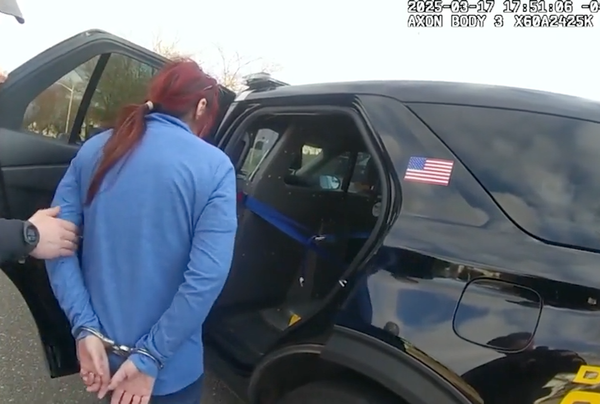
British members of parliament have voted to legalize assisted dying, making the United Kingdom one of the few nations to allow terminally ill individuals to end their lives. The House of Commons voted 330 to 275 in favor of the bill, following a lengthy debate and years of campaigning.
If the bill clears the House of Lords and parliamentary committees, the UK will join countries like Canada, New Zealand, Spain, and some US states in allowing assisted dying for terminally ill patients with less than six months to live. The process requires approval from two doctors and a High Court judge.
Supporters argue that assisted dying provides dignity to terminal patients, preventing prolonged suffering and easing pressure on end-of-life services. However, critics express concerns about potential coercion and the lack of robust safeguards in the bill.
The emotional debate in the House of Commons reflects the deep divisions among lawmakers, who were given a free vote on the issue. Prominent figures, including a BBC presenter with advanced lung cancer, have advocated for the legalization of assisted dying.



While polling shows public support for assisted dying, opponents argue that the focus should be on improving palliative care services within the National Health Service (NHS) before considering such legislation.
The proposed bill aligns with the Oregon model, allowing assisted dying for terminally ill individuals, but not extending to cases of suffering. It distinguishes assisted dying from euthanasia, where another person ends a patient's life to alleviate suffering.
Currently, assisting someone to die is a criminal offense in England and Wales, punishable by up to 14 years in prison. Euthanasia is considered murder or manslaughter under the law.







